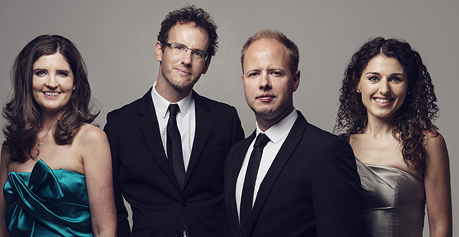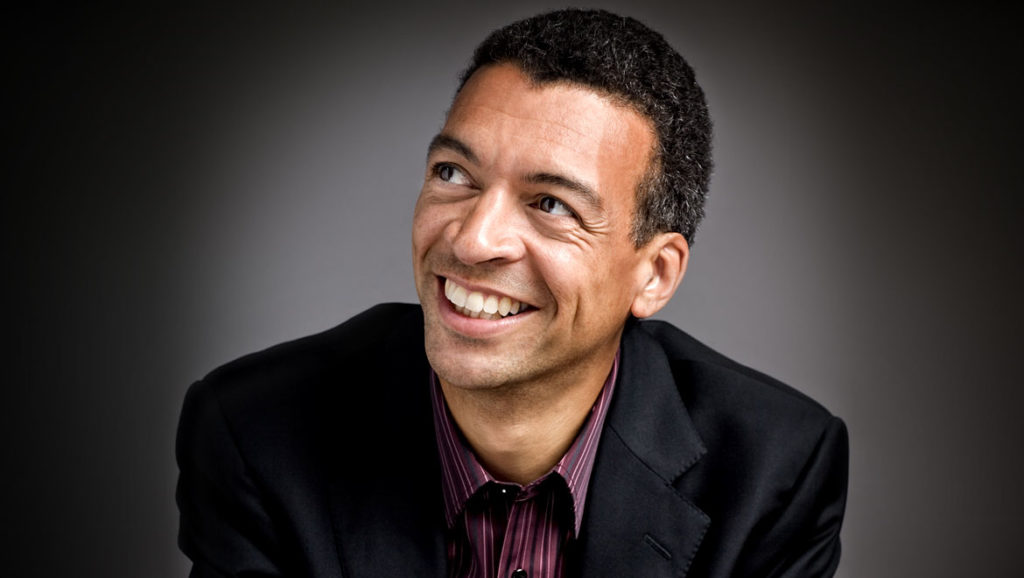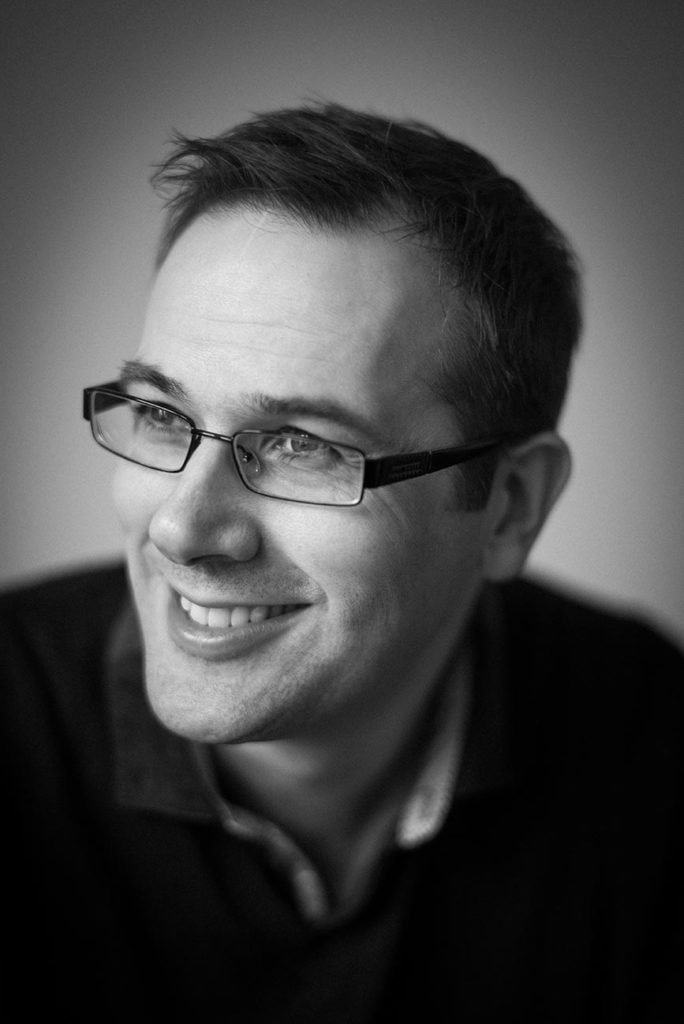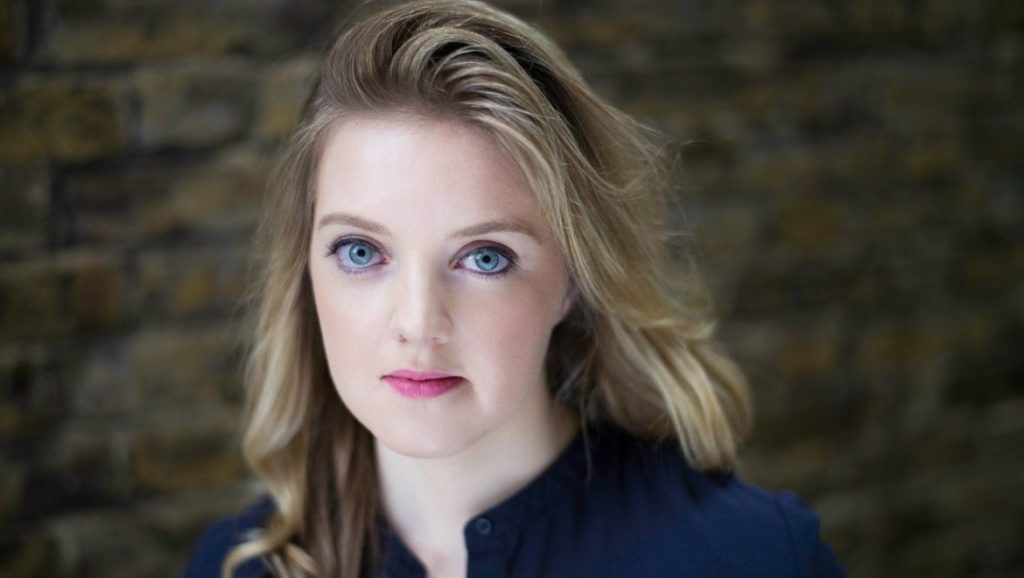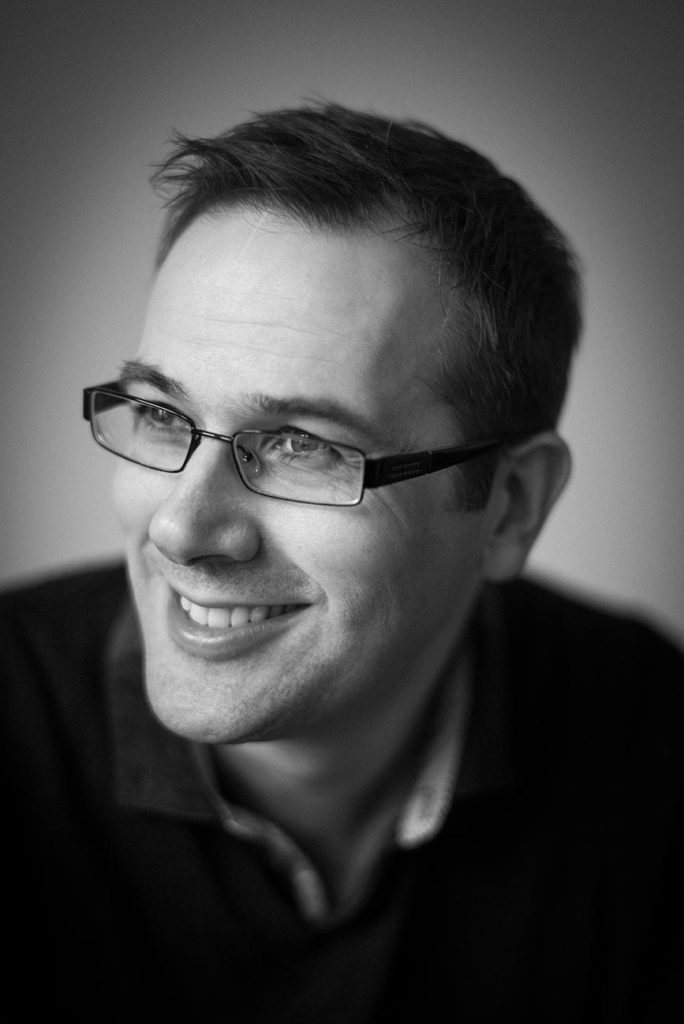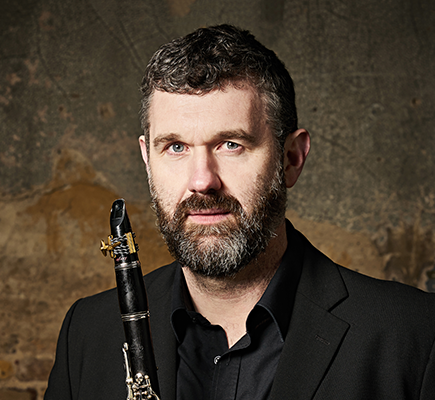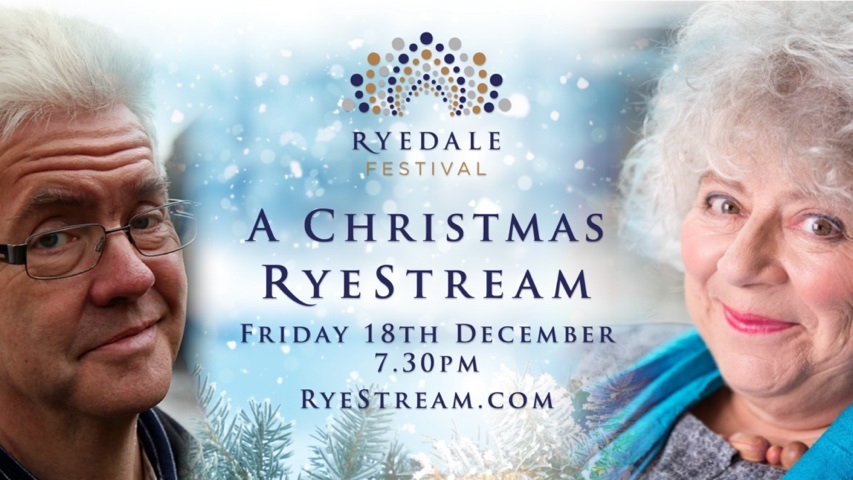
NATIONAL treasure Miriam Margolyes and the poetic voice of Yorkshire, Ian McMillan, will take part in A Christmas RyeStream, Ryedale Festival’s online Christmas concert.
Billed as “a unique choral gift to give this Christmas”, this free-to-view Yuletide celebration can be enjoyed at your leisure over the Christmas holiday period from tomorrow (18/12/2020) at 7.30pm at ryestream.com.
Margoyles, star of stage, screen and Malton Dickensian Festival, and Bard of Barnsley McMillan will read Christmas texts by John Betjeman, Clive Sansom, Thomas Hardy, U.A. Fanthorpe, Edwin Morgan, Clive James and regular Malton visitor Charles Dickens.
McMillan, a prodigious, often amusingly profound word-weaver and compulsive conceiver of witty Tweets, will premiere I Saw A Star, a “Christmas poem for our times”. Written expressly for the occasion, it opens: “I saw a star socially distanced from the rising moon/I heard voices softly whisper words to a freezing tune”.
“It’s a beautiful thing for Ryedale,” says Ian, whose last performance came at the Penistone Paramount, near Barnsley, on March 20 as part of Penistone Arts Week. “We filmed it last Monday at Pickering Church on a beautiful day, like when we used to go to Pickering for the Santa Special.
“Ryedale Festival said, ‘Can you write us a poem for this Christmas?’, and that set me thinking about Christmas in 2020: that we’re going to have to be distanced, when normally in times of difficulty and crisis, your usual instinct is to step forward and embrace each other.
“But it’s also a poem about next Christmas, and the distance till being able to get together again, expressing hope for next Christmas.”
McMillan has one wish for I Saw A Star: “I’d love it to be set to music, because that’s how I treated the piece as I was writing it for a music festival, making it rhythmical,” he says.
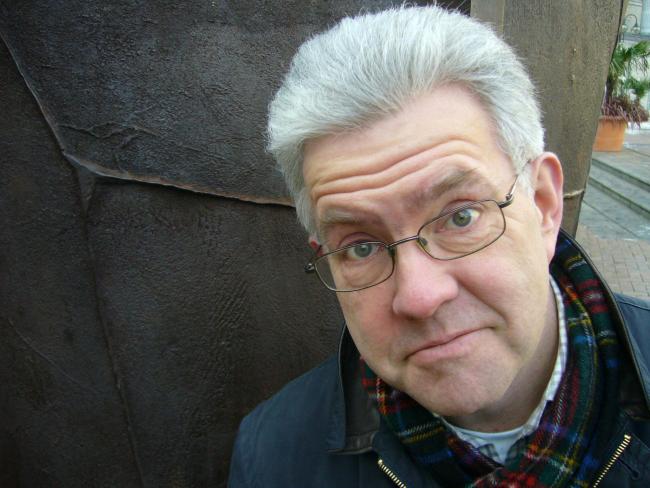
To complement his own poem, McMillan will read Thomas Hardy’s The Oxen and Edwin Morgan’s The Computer’s First Christmas Card, a particular favourite of his.
Margolyes, 79, and McMillan, 64, will be joined in this virtual concert by the Ryedale Festival Consort, directed by David Clegg, with Ben Morris at the organ.
Sopranos Zoe Brookshaw and Jessica Cale, altos Elisabeth Paul and Kim Porter, tenors Jeremy Budd and Julian Gregory and basses Robert Davies and William Gaunt will intersperse the readings with popular Christmas melodies, such as Ralph Vaughan Williams’s The Truth From Above, Harold Darke’s In the Bleak Midwinter, Jamie Burton’s arrangement of Silent Night and Thomas Tallis’s Videte Miraculum.
Filmed in St Peter and St Paul’s Church, Pickering, the festive concert will “bring a warm Yorkshire Christmas to homes across the country” through Ryedale Festival’s online platform, Ryestream.
Although it is free to view, donations to support the festival’s reach through its digital programme will be warmly accepted.
In response to the Coronavirus pandemic, RyeStream was created to share music from beautiful Ryedale locations across the world. In July, Ryedale Festival broadcast its inaugural online festival of eight live concerts from three Ryedale venues: All Saints’ Church, Helmsley, St Michael’s Church, Coxwold, and the triple whammy of the Long Gallery, pre-Raphaelite Chapel and Great Hall at Castle Howard.
A compilation film is still available to watch at: https://www.youtube.com/watch?v=xWJXqtAnl6U&feature=youtu.be
In addition, Ryedale Festival is partnering with three entrepreneurial choral groups, Echo Vocal Ensemble, The Swan Consort and The Gesualdo Six, to offer its followers “a unique opportunity to give a very special Christmas present”.
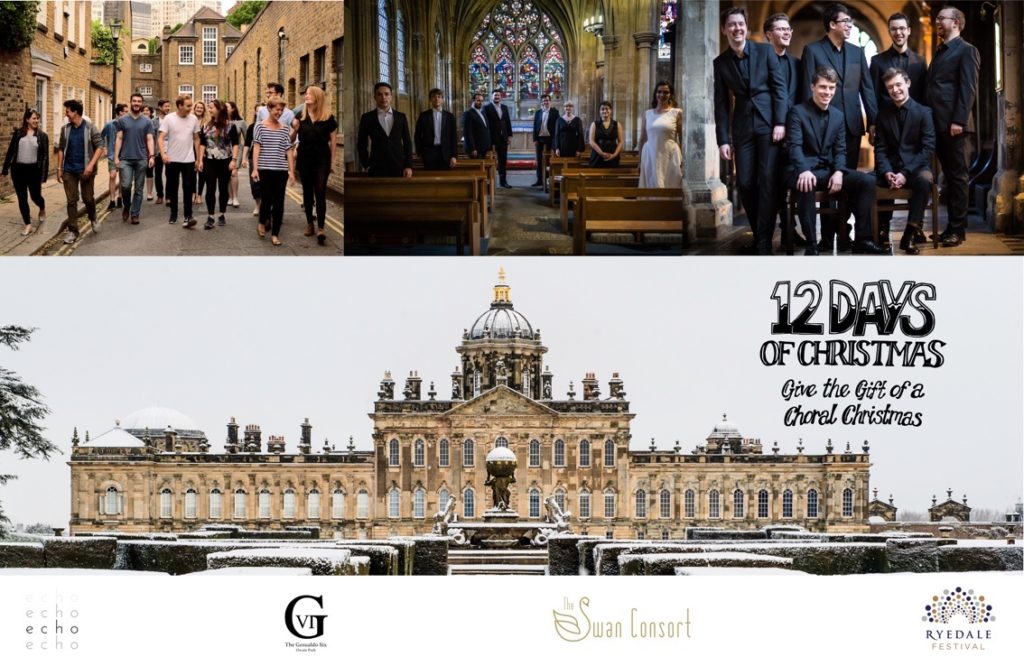
Filmed at Castle Howard, 12 Days Of Christmas will deliver a seasonal musical offering to each recipient’s inbox each day from December 25 to January 6. Prices start at £12 for the series, which comes with the option of eco-friendly digital delivery, bringing seasonal choral music to listeners in a year where many may not have been be able to hear live singing since March.
Created as “the perfect present for music-loving friends and family wherever they may be during the festive season”, this initiative has created work for 25 young choral professionals at the end of a challenging year for the arts sector. Go to https://12-days-of-christmas.tidze.com/ for the range of gift box options.
Looking ahead, Ryedale Festival will be celebrating its 40th anniversary next year.
The full programme for A Christmas Ryestream:
John Betjeman: Christmas
Ralph Vaughan Williams: The Truth From Above
Clive Sansom: The Innkeeper’s Wife
Alan Bullard: Shepherds Guarding Your Flocks
Clive James: The Crying Need For Snow
Harold Darke: In The Bleak Midwinter
Fanthorpe: BC:AD
Thomas Tallis: Videte Miraculum
Thomas Hardy: The Oxen (IM)
Richard Shephard: The Birds
Edwin Morgan: The Computer’s First Christmas Card
Arr. Jamie Burton: Silent Night
Ian McMillan: I Saw A Star, world premiere
John Gardner: Tomorrow Shall Be My Dancing Day
Charles Dickens: from A Christmas Carol
Arr. Keith Roberts: Have Yourself A Merry Little Christmas

